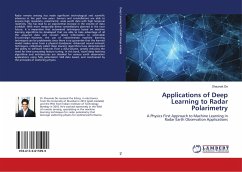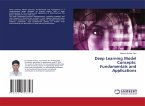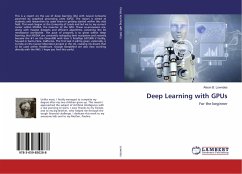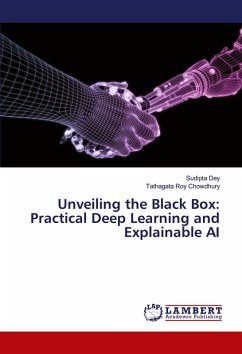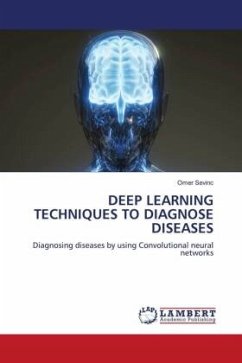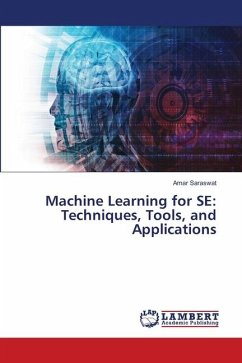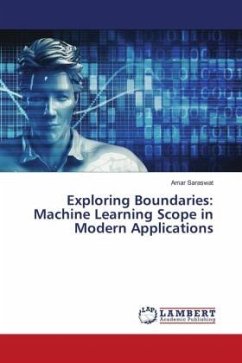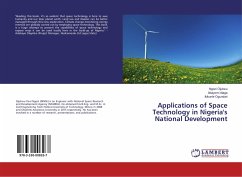Radar remote sensing has made significant technological and scientific advances in the past few years. Sensors and constellations are able to acquire high resolution, polarimetric, wide swath data with high temporal repetivity. This has lead to an exponential increase in the volume of data available. With more temporally dense constellations planned in the near future, it is imperative that automated techniques based on machine learning algorithms be developed that are able to take advantage of all the acquired data and convert latent information to actionable knowledge. However, the use of indiscriminate machine learning techniques can be problematic since there is no guarantee that the learned model makes sense from a physical standpoint. Advanced neural network techniques, collectively called 'deep leaning' algorithms have demonstrated the ability to self-learn features from a data-volume, greatly reducing the need for time-consuming feature tuning. In this book, novel deep learning algorithms and architectures are detailed for various earth observation applications using fully polarimetric SAR data based, and constrained by the principles of scattering physics.
Bitte wählen Sie Ihr Anliegen aus.
Rechnungen
Retourenschein anfordern
Bestellstatus
Storno

